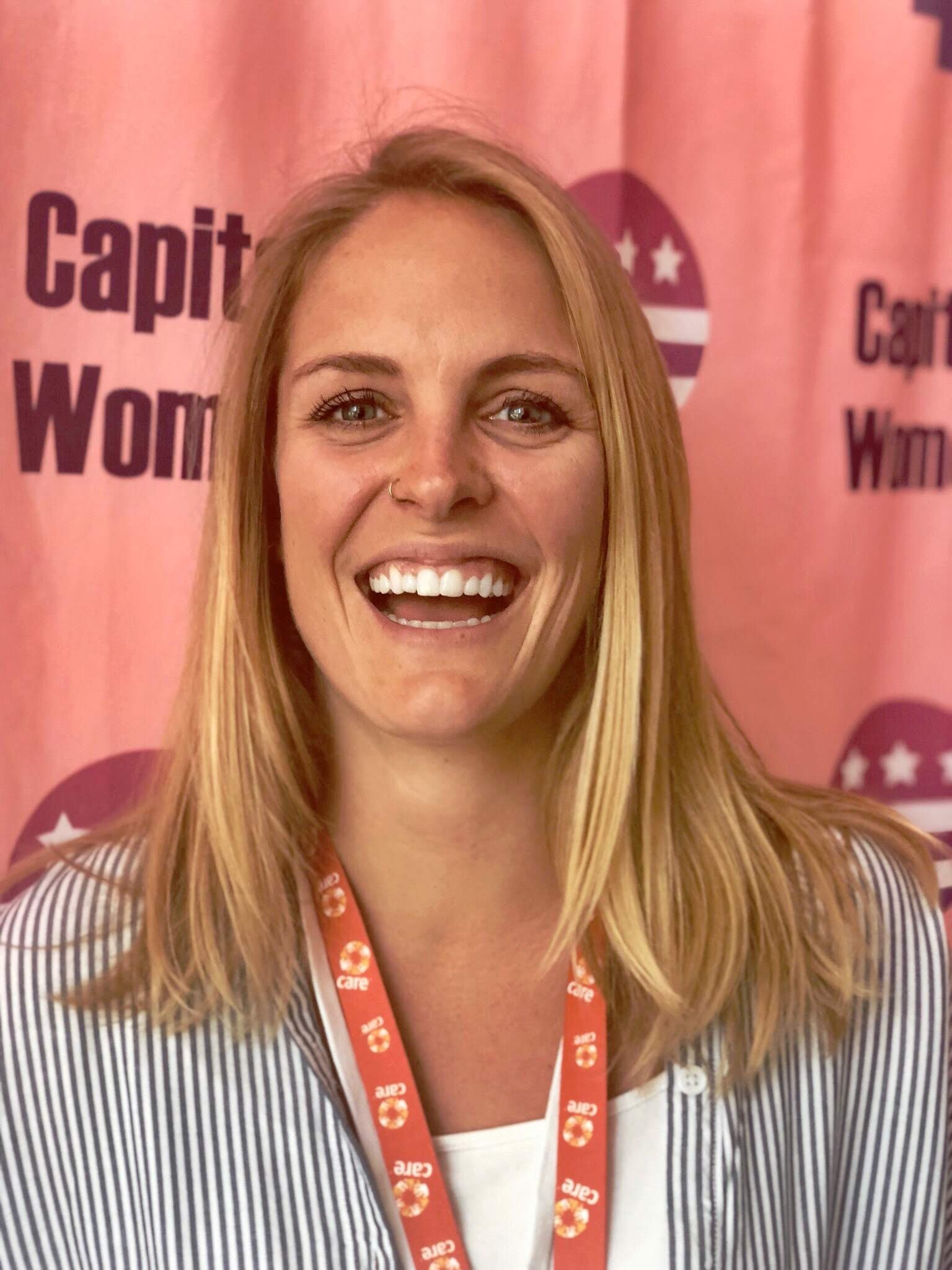NZAOA's governance ecosystem
NZAOA’s decision-making bodies include the Steering Group (advised and represented at the working level by the Steering Group Representatives), the Signatory Principals and the Working Track Leads. Their authority and discretion are clearly articulated in the Alliance’s Governance Document.
The Steering Group (SG) is composed of C-suite executives from signatory institutions, convening organisations and strategic advisors. The group is elected every two years by the Principals from all signatories and convenes on a quarterly basis to set strategic direction of NZAOA. Each SG member designates a working-level colleague, forming the SG Representatives, who meet frequently and carry out SG’s functions whenever appropriate. The NZAOA Chair is elected by the Steering Group members. Read more…
The All-Signatory Principals is a group comprised of individuals at the level of CEO or member of Group Executive Committee, who each represent an NZAOA signatory. The Principals meet quarterly to discuss key strategic elements of NZAOA and cast their votes in all matters related to NZAOA’s governance.
The working track leads are elected signatory representatives, who are experts in the specific field of their respective track. Their main responsibility is implementation of their track’s workplan and achievement of the track’s milestones and objectives. See profiles of Working Track Leads.
The NZAOA Secretariat is assembled by the United Nations Environment Programme Finance Initiative (UNEP FI) and the Principles for Responsible Investment (PRI). Strategic Advisors counsel the Steering Group in its regular meetings. WWF and Global Optimism (convened by former UNFCCC Executive Secretary, Christiana Figueres) have been the strategic advisors since the formation of the Alliance. Additional strategic advisors can come onboard through a majority vote in the Steering Group.
NZAOA also benefits from having a Scientific Advisory Body (SAB), which it consults in all its thought leadership pieces, such as position statements and discussion papers. The SAB is made up of four scientific institutions: the International Institute for Applied Systems Analysis (IIASA), the United Nations Environment Programme (UNEP), the University of Technology Sydney (UTS), and the Potsdam Institute for Climate Impact Research (PIK). Read more…
NZAOA partners with institutions whose expertise can help members fulfil their commitments. Collaborators and supporters contribute to NZAOA’s goals through development of methodologies, best practices, and relationships with relevant stakeholders. Read more…
In March 2022, NZAOA approved an updated set of commitment-related documents, which strengthen and clarify the requirements for members. The Governance Document outlines the minimum criteria for membership and the process for the assessment of members’ compliance with target-setting requirements. Procedures for engagement with members to achieve full compliance (including delisting as the option of last resort) form NZAOA’s accountability mechanism. Read more…
NZAOA’s Secretariat
Jesica Lelynn Andrews Rahnuma Chowdhury Nikki King David Krivanek Kiley Shields
Co-head of NZAOA Secretariat
NZAOA Financing Transition Track Manager, UNEP FI
NZAOA Engagement Track Manager, PRI
Net Zero Specialist, PRI
Operations Manager, UNEP FI
Remco Fischer Carolin Gresch Shahin Kazemzadeh Mel Peh Bettina Reinboth
Co-head of NZAOA Secretariat
Climate Change Team Consultant, UNEP FI
NZAOA MRV Track Support, UNEP FI
NZAOA MRV & Financing Transition Support, UNEP FI
Co-head of NZAOA Secretariat
Eliette Riera Conor Ritchie Ashmeet Siali Oliver Wagg
NZAOA Policy Track Manager, PRI
Head of Net-Zero Initiatives and Collaboration, PRI
Net-Zero Initiatives Senior Associate, PRI
NZAOA Communications Track Manager Lead